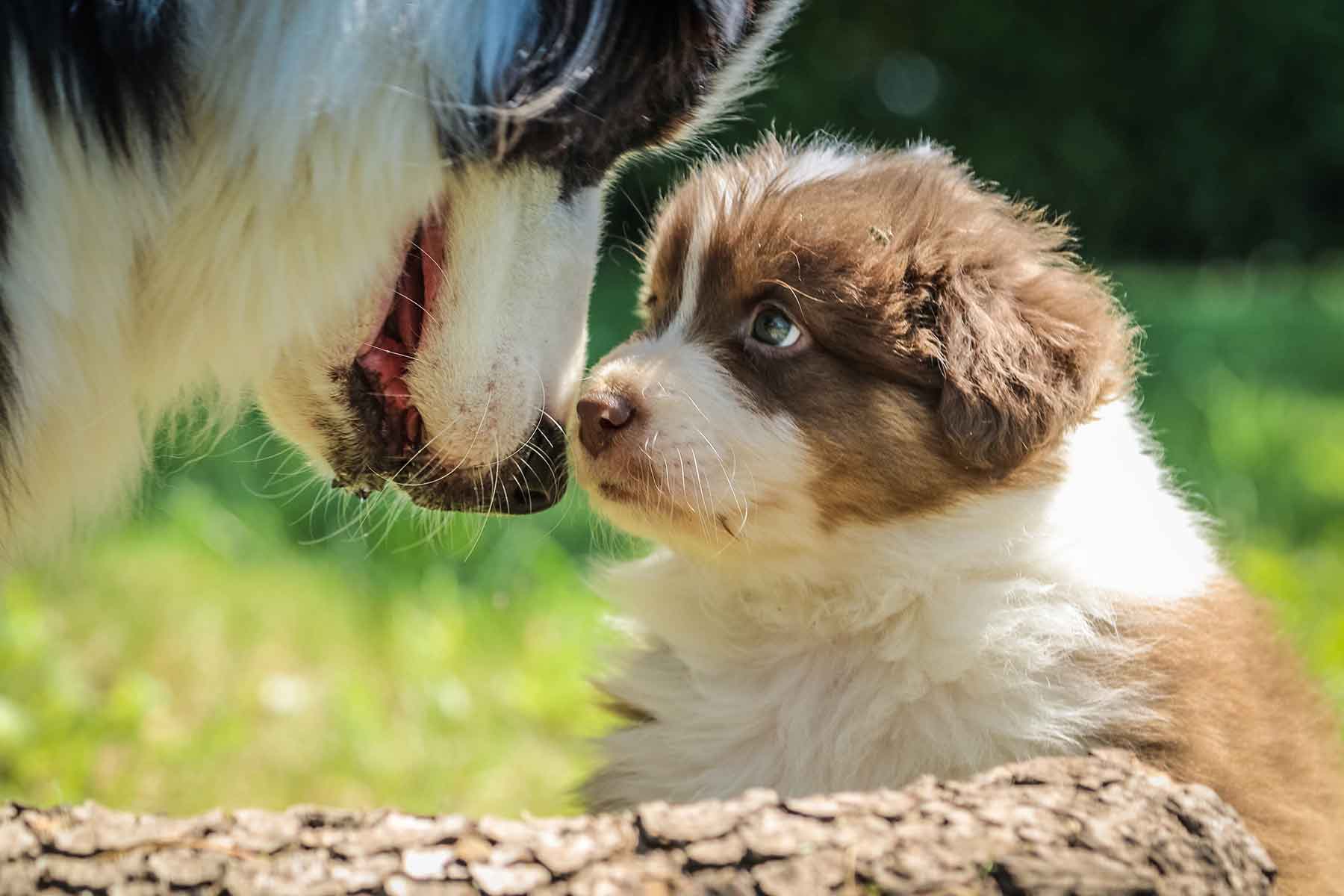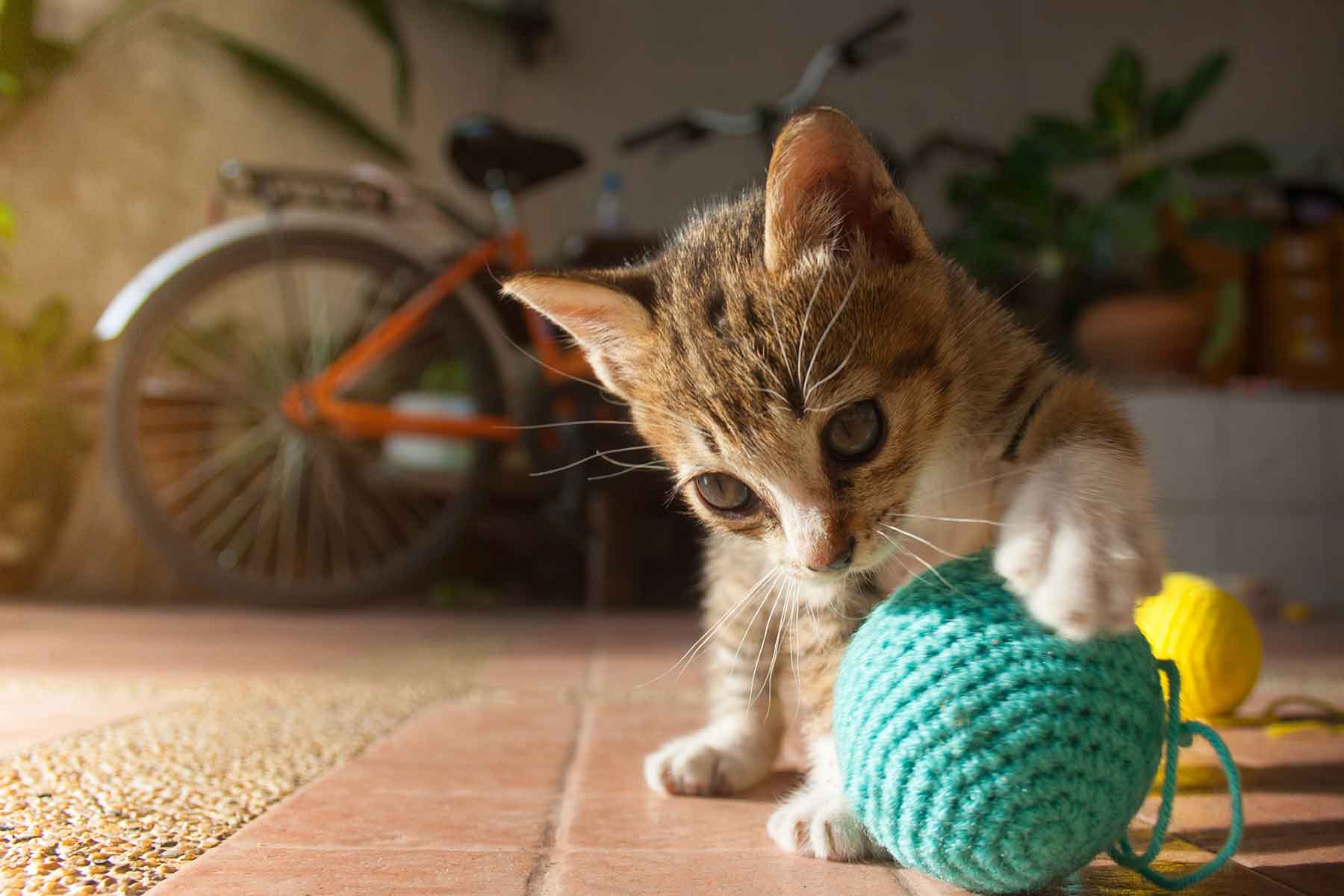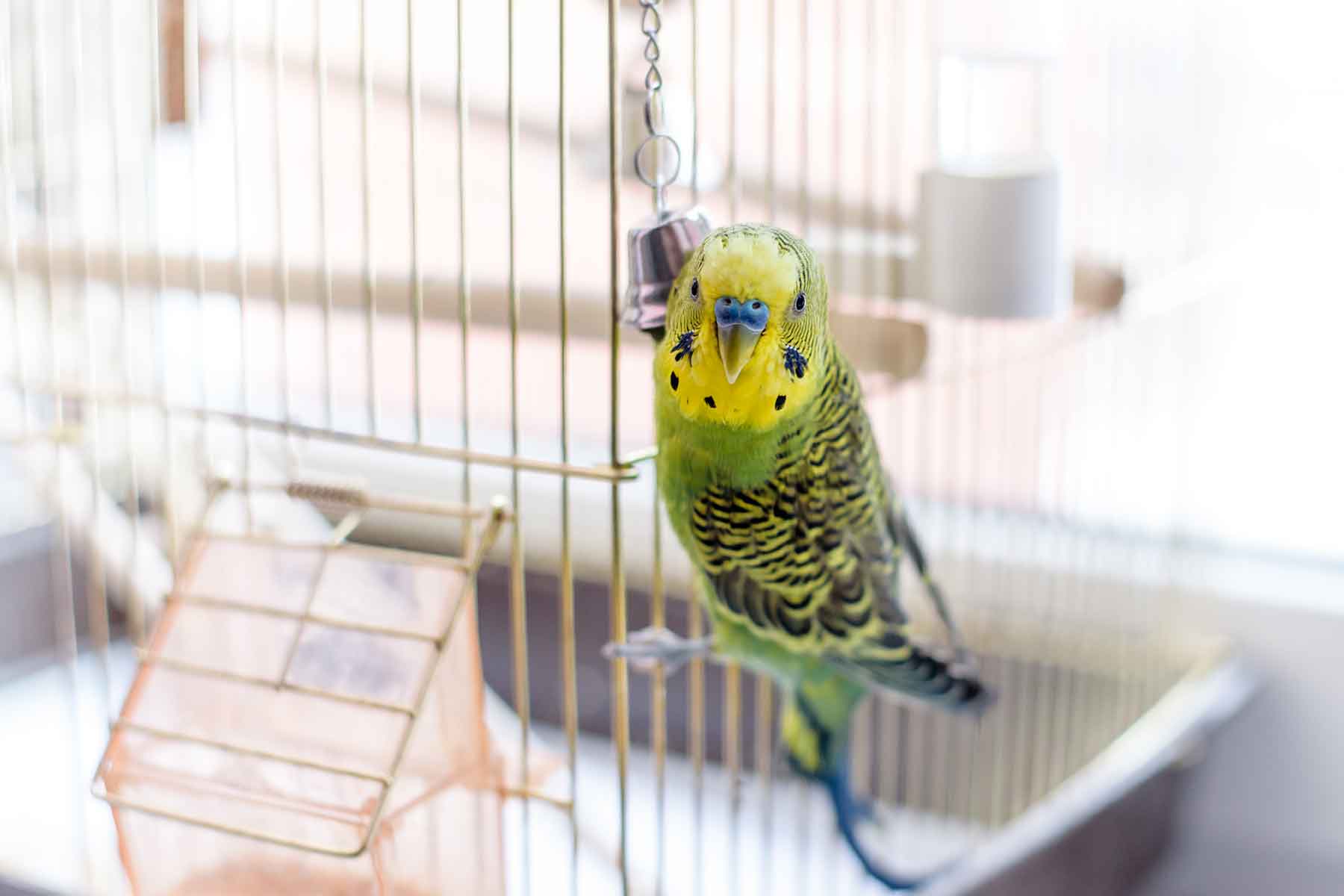Our pets encounter all kinds of infectious bacteria and viruses in their adventures, some of which can be deadly. Vaccinations keep them, and your family, safeguarded against these diseases, starting from when your pet is 6 weeks old and continuing throughout their lives.
Our vets get a lot of questions about kitten immunisations and puppy vaccinations and what we need to protect against in Western Australia. Below, we answer some of the most common questions about dog and cat vaccinations, including some you might not think to ask.
How often does my pet need to be vaccinated?
Most people know puppies and kittens require vaccinations from a young age, but when should kitten and puppy vaccination courses start? And what happens when they reach adulthood?
First vaccinations for kittens and puppies
Vaccinations follow a 10-week course starting from around 6 weeks of age.
- Puppy vaccinations are at 6 weeks and 10 – 12 weeks. Vetwest offers an early finish vaccine program for puppies so they can begin their important socialisation period out in the world earlier. Some vets still offer a 3 vaccine program with a final booster at 16 weeks.
- Kitten vaccinations are at 8 weeks and then 3-4 weeks later at 11-12 weeks.
Annual boosters
After their kitten and puppy vaccinations, cats and dogs will then require annual boosters for life to continue to top up their disease defences. At Vetwest, your pet’s vaccination also includes a comprehensive health check to ensure they are keeping fit and healthy.
What are ‘core vaccinations’?
The first kitten and puppy immunisations deliver core vaccines, which protect against the most common and critical viruses that cause disease in the community. Core (or essential) vaccines are included in the annual immunisation boosters to prevent the spread of those nasty diseases in our local community.
Core (essential) dog vaccinations
- Canine adenovirus
- Canine distemper virus
- Canine parvovirus
Vets commonly group these as the “C3” dog immunisation or 3 in 1 vaccination.
Non-core (recommended) dog vaccinations
At Vetwest we highly recommend vaccinating your dog with core and non-core vaccinations. This is particularly important for social animals, dogs spending time in kennels, or dogs living in rural areas. This includes protection against:
- Kennel cough (also called canine cough)
- Bordetella bronchiseptica
- Parainfluenza virus
Optimal protection for your pets
As parts of the family, we believe in giving our pets the best chance for a happy and healthy life. A big part of this is protecting them with vaccination. For comprehensive protection against common diseases in our local Perth community, we recommend the C5 or 5 in 1 vaccination providing protection against:
- Canine adenovirus
- Canine distemper virus
- Canine parvovirus
- Kennel cough (also called canine cough)
- Bordetella bronchiseptica
- Parainfluenza virus
Find out more about dog immunisations and disease prevention.
Essential cat vaccinations
Also referred to as core vaccinations
- FVRCP or feline viral rhinotracheitis (herpes)
- Feline calicivirus
- Feline panleukopenia
Recommended cat vaccinations
Also referred to as non-core vaccinations
- Feline leukaemia virus, or FeLV
- Feline immunodeficiency virus, or FIV
- Chlamydophila
- Rabies
Transmitting diseases to humans is rare, but not impossible. Kitten and cat vaccinations keep your whole family safe from these infectious nasties.
Find out more about cat vaccinations and disease prevention.
What about side effects or reactions?
Allergic reactions to immunisations are unlikely, but as a pet owner, you should still know the signs and keep an eye on your pet after vaccination. If your pet displays any signs of a reaction within 48 hours after receiving a vaccination or booster, contact your vet immediately for advice:
- Laboured breathing
- Swelling, redness or sensitivity around the vaccinated area
- Fever, confusion, weakness or listlessness
- Hives or swelling on the face/paw
- Vomiting or diarrhea
- No appetite
- Sudden collapse
What if my pet has had reactions to vaccinations before?
Our vets will sometimes administer immunisations weeks apart, as (generally) more vaccinations given closer together can increase the risk of a reaction.
If your kitten or puppy has previously experienced a reaction, consult your nearest clinic for advice. They may administer an anti-inflammatory/anti-histamine before vaccinating or recommend spacing out vaccinations.
But remember, allergic reactions are uncommon, and you still need to vaccinate your cat or dog. Deliberately missing a vaccination is risking their health and the health of other animals in your community.
What happens if my pet misses a vaccination?
Sometimes, life gets busy and the annual vaccination appointment gets delayed. The best thing to do is to book a vaccination appointment as soon as you can. If you missed a vaccination or think your pet may not have received the right vaccinations before they joined your family, our vets can get them up to date for you.
At Vetwest all vaccination appointments include a full nose-to tail health check to monitor your pet’s overall health and check for early warning signs of other illnesses.
We’ll also send you home with a vaccination certificate showing what vaccination was given and the date and we’ll set you up with a 12 month vaccination reminder to let you know when your pet is next due for their vaccinations.
Can I vaccinate my pet if they are pregnant or lactating?
Feline pregnancies last between 58 to 65 days, and canine pregnancies 61 to 64 days (approximately). During this time, and afterwards, when they are nursing new kittens and puppies, your vet may recommend to not administer vaccinations.
There are many individual factors at play, including your pet’s vaccination record, their gestation time, overall health, lifestyle and strength levels. The best idea is to speak to your Vetwest vet about dog and cat vaccinations if your pet is pregnant or you are considering breeding them.











